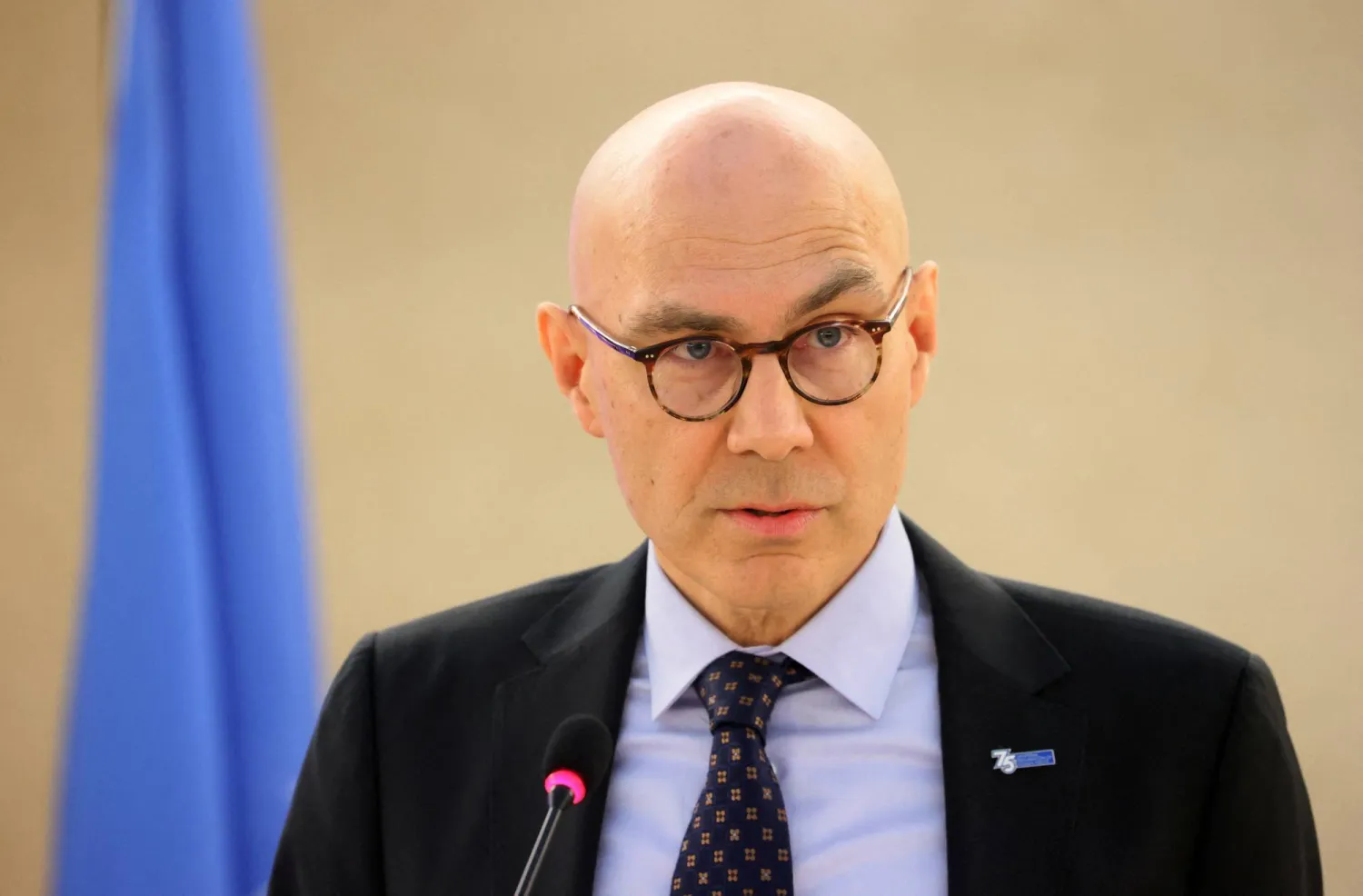A deadlock in the judicial probe into the Beirut port explosion, which has persisted for nearly two years, has prompted discussions of an international initiative to form a fact-finding mission.
This initiative aims to break the judicial paralysis and rekindle hope for the families seeking the truth and an understanding of the underlying causes of the catastrophe that had taken place.
During a recent session held in Geneva, the UN High Commissioner for Human Rights, Volker Türk, called for the necessity of international action regarding the August 4, 2020, explosion at the Beirut port that killed at least 220 people, wounded thousands, and damaged swathes of the city.
The blast was set off by a fire at a warehouse detonating hundreds of tons of ammonium nitrate.
Türk denounced the lack of accountability on the part of Lebanese authorities regarding those involved in the blast.
On the occasion of the 78th UN General Assembly session, 67 Lebanese lawmakers signed a petition and sent it to the United Nations, non-governmental groups, and human rights organizations.
They asked the UN to help Lebanon create a commission to investigate the blast.
This action received support from the victims’ families, who had also collectively sent a similar petition to the ambassadors of major countries, urging them to speed up the formation of the commission.
A group representing the families of those affected by the port blast, along with lawyer Camille Abu Sleiman, had started talking to ambassadors from countries with permanent seats on the UN Security Council.
They want to encourage the establishment of a fact-finding mission and present the petition, which most members of the Lebanese parliament have signed.
In remarks to Asharq Al-Awsat, Abu Sleiman explained that he was hopeful.
He mentioned that this mission could be set up in different ways, either through a decision by UN Secretary-General António Guterres, the Security Council, or the General Assembly.









